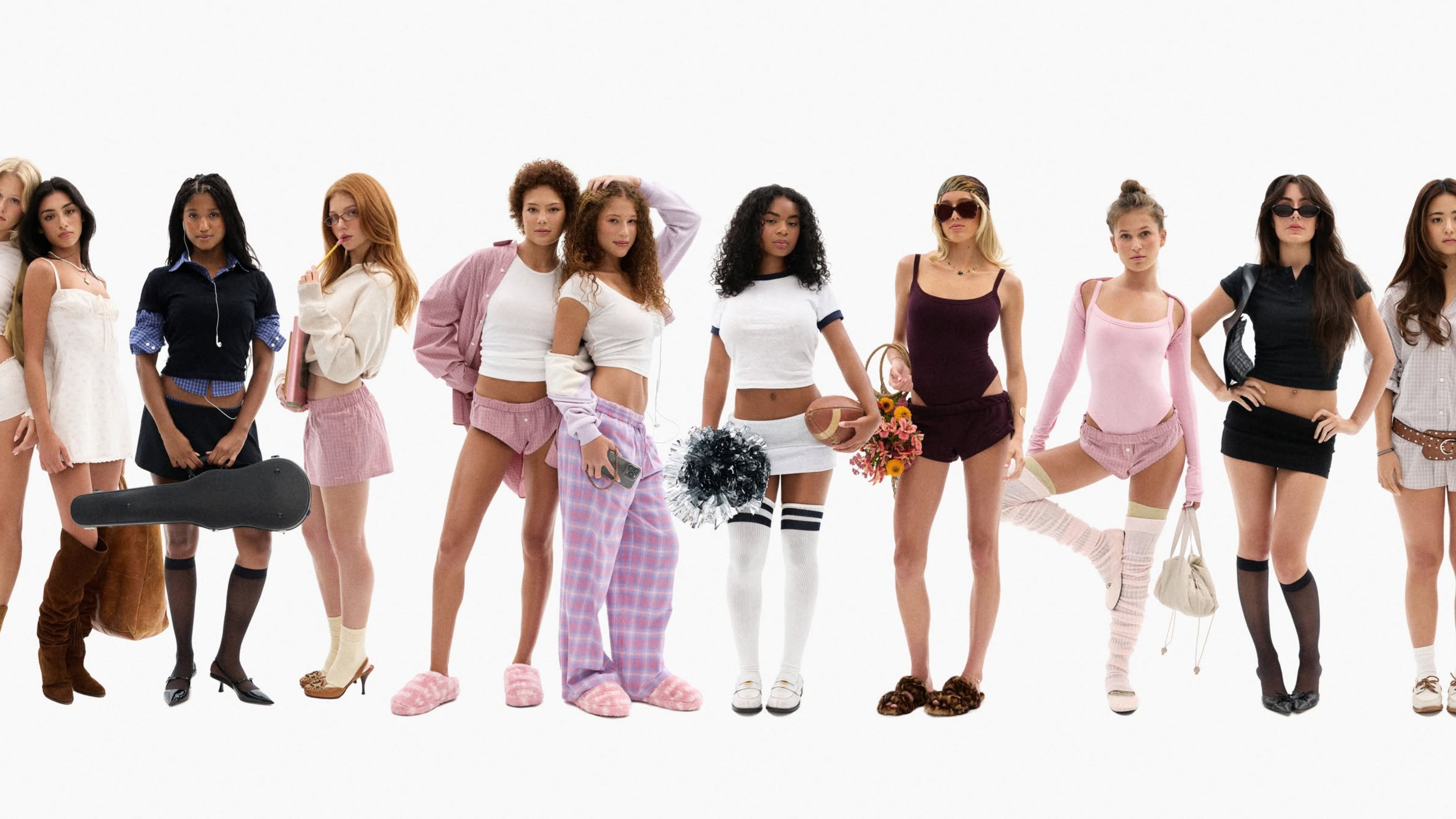In this article
In fashion, innovation often emerges from the intersection of personal style, sustainability, and technological advancement. Such is the case with "Bettter," a visionary upcycled tailoring label brought to life by Julie Pelipas, the former Vogue Ukraine fashion director and an accomplished stylist. This article delves into the compelling story of Bettter, examining its inception, unique features, and potential to revolutionise the way we approach fashion.
The Birth of Bettter
Julie Pelipas, celebrated for her distinctive fashion editorials and impeccable personal style, has embarked on a journey that merges her revolutionary aesthetic with ethical consciousness. In launching Bettter, Pelipas manifests her conviction that fashion can be both captivating and conscientious. The label's name itself reflects this ethos, stemming from a serendipitous typo that evolved into a symbol of their mission to elevate fashion into something "better."
.avif)
Bettter stands out for its commitment to one-of-a-kind garments and small-batch collections. The heart of the brand lies in upcycled fashion, where each piece holds a story and a sense of history. The vintage men’s suiting silhouettes, imbued with influences from luminaries like Ernest Hemingway and Kazimir Malevich, carry a unisex appeal. This innovation isn't solely about aesthetics, but a nod to Pelipas's transformative journey with tailored fashion since her youth.
Ethical Consciousness Meets Technological Prowess
While ethical fashion isn't a new concept, Bettter emerges as a technological trailblazer by seamlessly combining sustainability with scalable solutions. In an industry grappling with colossal waste generation, Pelipas aims to revolutionise upcycling through advanced tailoring algorithms. These algorithms reshape tailored garments with precision, ensuring they retain their original form and proportions while fitting different body types. The result is a meticulously crafted product that marries sustainability with accessible luxury.

Pelipas's mission extends beyond her label; she aspires to drive change within the industry itself. By creating a system that partners with other brands to upcycle deadstock, Bettter strives to reshape fashion's paradigm. This visionary approach challenges the industry's status quo, offering an innovative model that aligns with contemporary consumer preferences and the growing demand for ethical consumption.
A Journey of Resilience
Bettter's journey hasn't been without challenges. Its inception amidst the COVID-19 pandemic underscored the importance of adaptability and innovation. The brand's commitment to resilience is palpable, not only in its approach to fashion but also in its response to adversity. Pelipas's determination to make a difference amid global uncertainties reveals the depth of her dedication.
As the fashion world takes notice of Bettter's potential, the label stands poised to enter new chapters of growth. From its selection as an LVMH Prize finalist to its exploration of retail partnerships, Bettter demonstrates the currency of its concept. A generation attuned to sustainability, coupled with shifting industry dynamics, provides fertile ground for Bettter's aspirations.

Bettter by Julie Pelipas encapsulates the synergy between artistry, ethics, and technology. With a name that embodies its aspiration for elevated fashion, the brand signifies a paradigm shift in the industry. Through innovative tailoring algorithms and a commitment to timeless style, Bettter has the potential to transform upcycled fashion from a niche concept into a global movement. In Pelipas's vision, fashion's transformation isn't just about aesthetics; it's a call to reinvent an entire system for a more sustainable and impactful future.






.svg)


.svg)
.svg)






